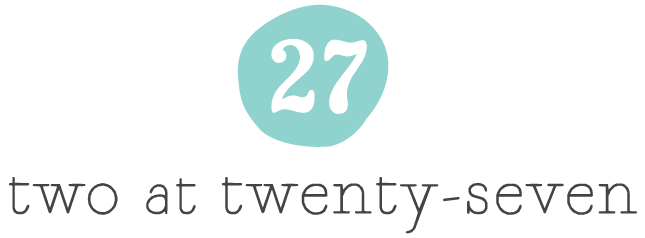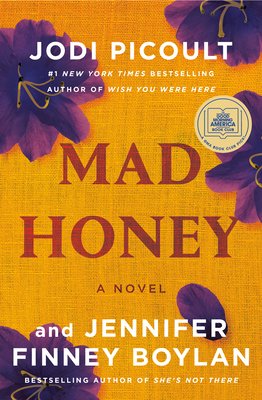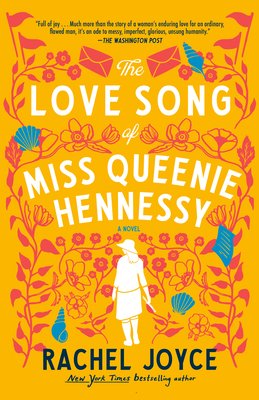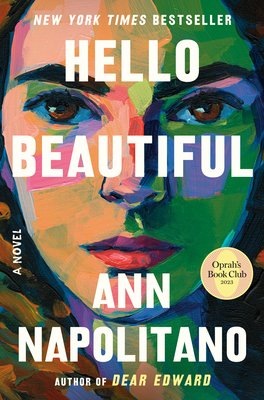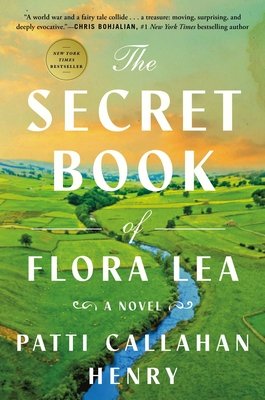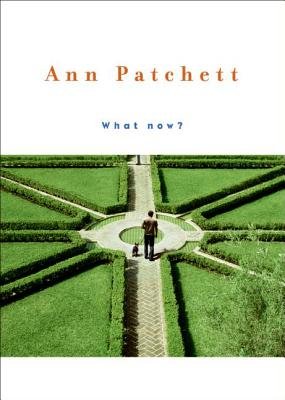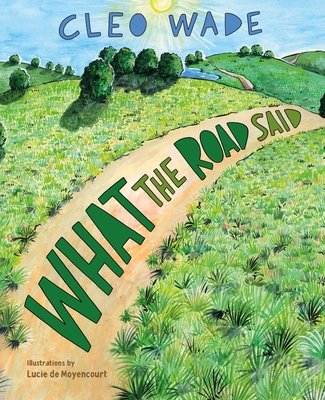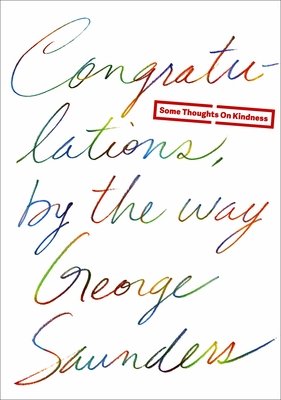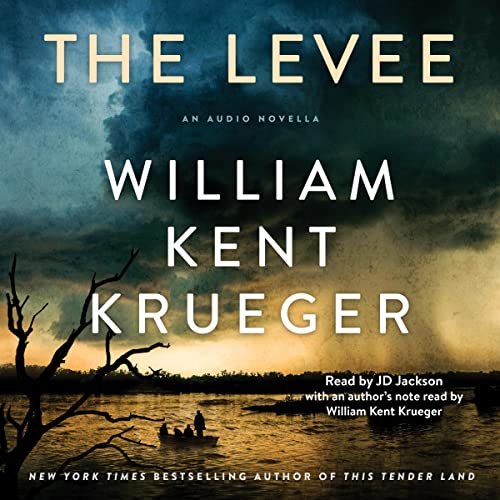“They call that a Good Lord Bird,” he said. “It’s so pretty that when man sees it, he says, ‘Good Lord.’”
I can no longer remember why I took my eye off James McBride and The Good Lord Bird. Forget about that gold sticker on the cover. And the fact that Ethan Hawke and Daveed Diggs star in Showtime’s Limited Series of the same name. The title should have been enough to capture my attention and hold onto it—long enough to pick up a copy and put it emphatically down on the growing tbr pile next to my bed. For the life of me, I can’t imagine why I took my eye of McBride.
I suppose William of Ockham has the best explanation for my wandering eye. The old friar/philosopher would say the simplest answer is usually the best one. The simplest answer is I get so d**n distracted when surrounded by so many good books. Despite my attention deficit, I’ve just righted a wrong. I finished McBride’s latest: The Heaven and Earth Grocery Store—and I absolutely loved it. As in, this-will-be-one-of-the-best-books-I-read-all-year loved it.
The Heaven and Earth Grocery Store is technically a murder mystery. That’s how the book begins, with a skeleton at the bottom of a well (40 years after the fact) in a place called Chicken Hill. Few would call Chicken Hill anything but ruinous. For me, it was a bit magical. Chicken Hill produced characters (some blacks, some jews) like Paper, Chona, Big Soap, Fatty, and Moshe. That was just the start of the literary magic. Chicken Hill provided me with a lovely community. Reviewer Jana Siciliano likely said it best: THEGS “is a full course of literary meal. The voices of the characters are so specific to each of them that readers feel as if they are meeting a brand-new, real-life person each time, and their quirks live well beyond these pages. Besides humor, there is actually an ending that celebrates unity, love and togetherness in a world where those things are no longer givens.”
